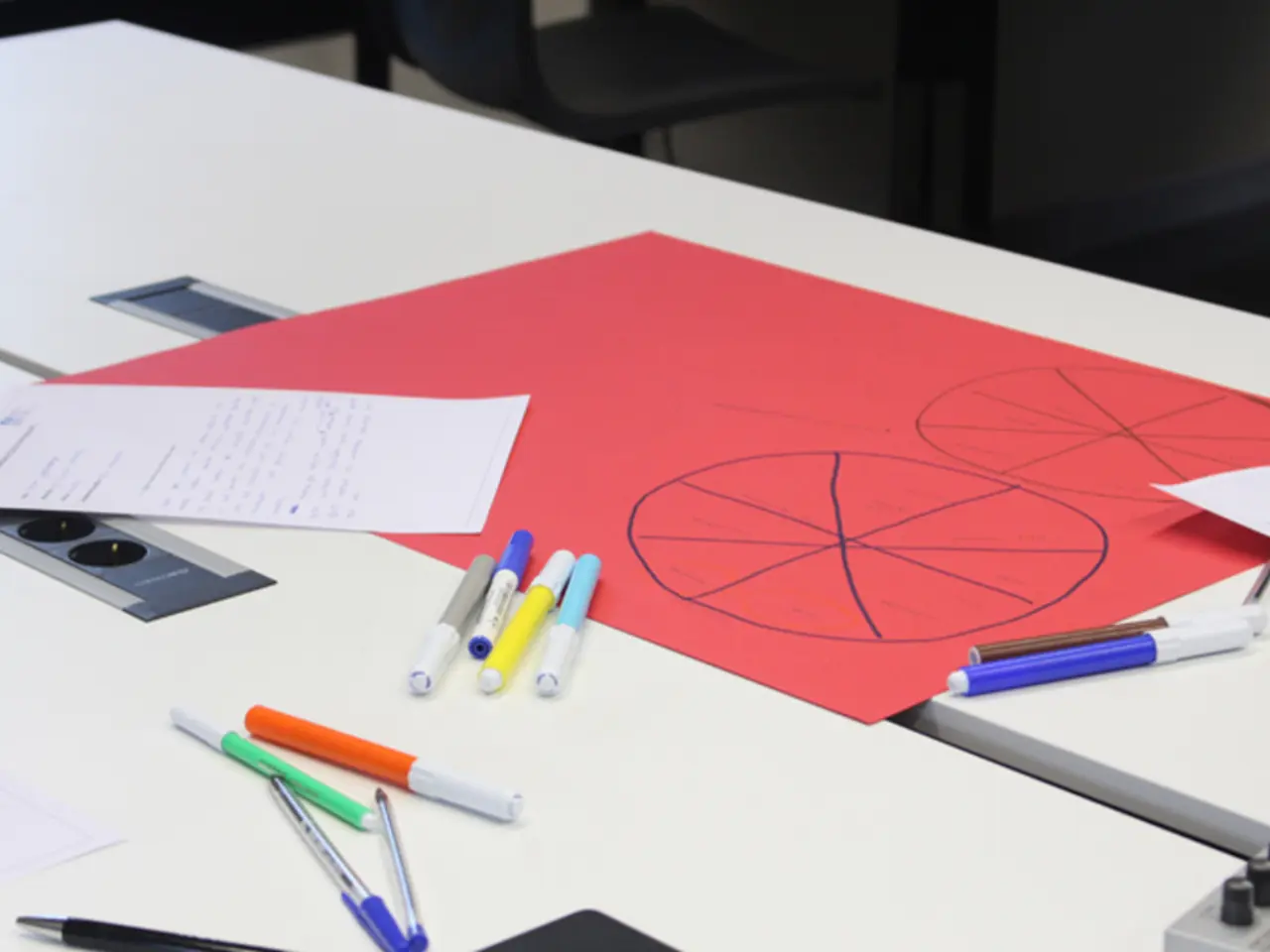Applying Mathematical Expertise for Community Projects to Create Significant Impact (7 Practical Strategies)
==================================================================
In today's world, the application of mathematics extends beyond textbooks and classrooms, and it plays a crucial role in addressing real-world community issues. By focusing on engaging, locally relevant, collaborative, and interdisciplinary projects, we can effectively use mathematical skills to create tangible impacts in our communities.
Key strategies for this approach include:
1. Integrating Local Community Data and Issues
Using real community demographics, economics, or environmental data to build math tasks makes math relevant and actionable. For example, crafting math problems around local population trends or resource usage helps residents see the practical applications of math in their daily lives.
2. Designing Project-Based Learning Activities that Solve Real Problems
Activities such as designing a community garden, building bridges, or budgeting for local events take abstract math into tangible community impact. These projects not only teach math but also provide practical solutions to real-world problems.
3. Using Spatial and Geometric Skills Creatively
Projects like Mathopolis involve designing city blocks incorporating area, perimeter, volume, and geometry, allowing participants to apply multiple math domains while fostering creativity and teamwork.
4. Involving Community Experts and Stakeholders
Collaborating with local professionals (engineers, business owners) who can guide math application in real-world community projects builds communication skills and ensures math is used to address authentic challenges.
5. Supporting Learning with Tailored Math Interventions and Tools
For skill building, leverage programs like XtraMath that adapt to learners' needs and keep them motivated, strengthening foundational calculations necessary for broader math applications.
6. Encouraging Mentorship and Ongoing Community Involvement
Programs like EDGE demonstrate that mentoring and building diverse math communities empower participants, helping sustain long-term engagement and leadership in math-related local initiatives.
In addition to these strategies, there are several practical applications of mathematics that directly impact community projects:
- Calculating labor cost efficiency by analyzing productivity metrics and adjusting shift patterns to match demand curves.
- Applying cost-per-meal calculations averaging $3-4 per person to optimize purchasing decisions and reduce food waste by 25%.
- Calculating poverty rates by neighborhood using American Community Survey data.
- Transforming mathematical concepts into practical financial tools that empower community members to build stronger economic foundations.
- Applying queuing theory to determine peak service hours and calculate optimal staff-to-resident ratios during high-demand periods like meal times and check-in hours.
- Developing scenario models showing best-case, worst-case, and most likely outcomes for community planning decisions.
- Analyzing census data to identify vulnerable populations requiring specific services.
- Modeling seasonal variations in service needs, accounting for factors like school schedules and weather patterns.
- Calculating projected resource requirements using trend analysis and population projections.
- Calculating bulk purchasing savings using economies of scale to stretch limited budgets while maintaining nutritional standards.
- Designing interactive math games for financial education, creating engaging learning experiences that stick with participants long after workshops end.
- Creating budget planning worksheets that break down monthly income calculations using addition and subtraction while incorporating percentage allocations for housing (30%), transportation (15%), and savings (20%).
- Mapping demographic trends using geographic information systems to visualize service deserts.
- Applying regression analysis to forecast population growth and changing demographics over 5-10 year periods.
- Reducing wait times by 40% through strategic scheduling patterns.
- Teaching percentage calculations for interest and savings, demonstrating their real-world applications in banking and debt management scenarios.
- Developing dashboard visualizations tracking service utilization rates across different demographics.
- Estimating future staffing needs, facility capacity, and budget allocations based on demographic shifts.
- Creating heat maps showing service availability versus population density to reveal underserved areas.
- Calculating daily meal portions for adults and adjusting for children and elderly residents, using nutritional guidelines of 2,000-2,500 calories per adult.
- Tracking food inventory turnover rates to maintain 3-5 days of emergency supplies.
In summary, the combination of culturally relevant, data-driven problems, project-based learning, community collaboration, and skill-appropriate support maximizes the impact of applying math in local community projects. This approach not only enhances mathematical understanding but also directly benefits the community through practical solutions and empowerment.
Incorporating personal-finance budgeting into project-based learning activities can help residents learn tangible applications of mathematics, enabling them to build stronger economic foundations. By creating interactive math games for financial education, learners can engage with mathematical concepts in an entertaining way, fostering long-lasting understanding.
Attending education-and-self-development workshops that focus on finance, or finding online resources that teach budgeting and percentages can lead to better financial decisions, contributing to a more stable personal financial situation. Learning these skills can lead to empowerment and a stronger financial future.




